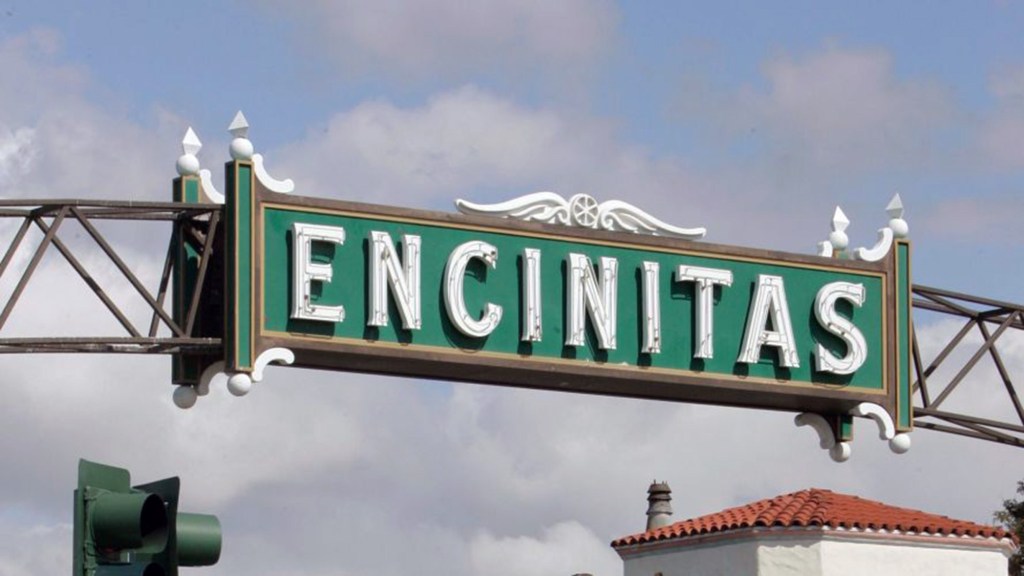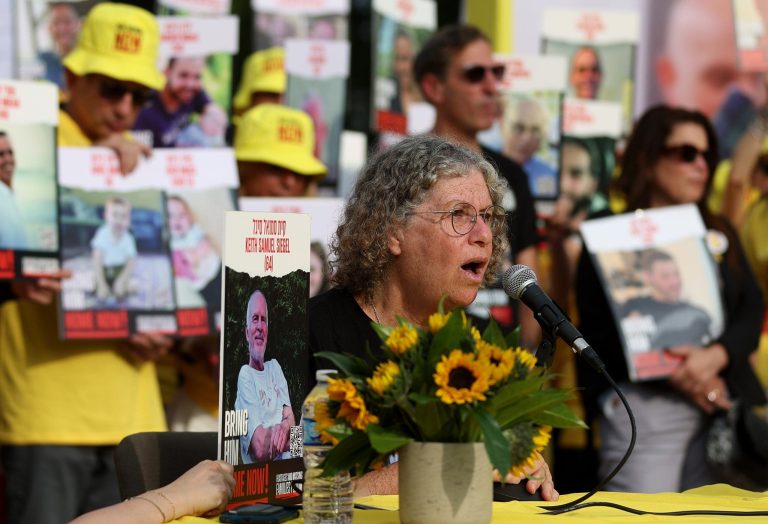

Under “absolute duress and coercion,” the Encinitas City Council voted Wednesday to reject two appeals filed against a hugely controversial, massive apartment project.
The decision means the 448-unit, Quail Meadows project — considered to be the biggest in the city’s history — can move forward. That is if it survives a likely appeal to the state Coastal Commission, and council members said they fervently hope it does not. The mayor suggested that opponents continue pursing a wetlands issue related to the project, saying it had the most likely chance of success.
Wednesday’s vote was 3-1, with Councilmember Jim O’Hara, who represents the area that includes the Quail Gardens Drive project site, opposed. Councilmember Joy Lyndes did not participate due to a conflict of interest.
Put forward by developer Baldwin & Sons, the project consists of two, four-story buildings. The structures are proposed to go on a 12-acre site along Quail Gardens Drive, just north of its intersection with Encinitas Boulevard, near two other housing projects.
Two groups — Supporters Alliance of Environmental Responsibility and the Encinitas Citizens for Responsible Development — appealed the city Planning Commission’s Oct 3 approval of permits for the project. The two groups contend that the Planning Commission didn’t follow state environmental laws when it approved its density bonus, design review and coastal development permits. In their appeals, the opponents’ raised many issues, ranging from air quality concerns to traffic impacts.
Steve Gerken, a member of the Encinitas Citizens’ group, said Wednesday that the opponents had presented at least 18 facts showing that the project doesn’t comply with city regulations and state law, and suggested that the council “pick any one of those that you can support and deny the project.”
However, developer representatives and the city’s outside counsel on housing issues, Barbara Kautz, said the appellants did not appear to have met the denial standards required under state law. Kautz said the council needed to provide specific examples of impacts to public health and safety, based on “written, objective standards” that existed in city regulations back when the project application was deemed complete by city staff, and the council needs to state that there are “no feasible ways to mitigate” those issues.
Like other recent controversial housing projects in Encinitas, the Quail Meadows project is considered a “by-right” development where options for denying permits under state law are limited because it includes housing for low-income people. The site is among 15 that were previously identified in a state-approved, city housing plan as places where high-density housing would be allowed, and 90 of its units are proposed to be set aside for low-income people.
The council’s vote came just before 1 a.m. after hours of public testimony, much debate between council members, and several prior motions, including one by Councilmember Luke Shaffer that would have upheld the appeals.
In several fiery speeches, Shaffer said that he was willing to go out and stand on the property himself to keep the project from proceeding, calling the state a domestic “enemy.”
Allowing this project to proceed would have a huge impact on fire evacuation routes in the area, and given the recent, record-setting wildfires in Los Angeles, there is a huge safety reason to deny the project, he said.
“Somebody’s got to stand there and … say, ‘You’re not coming on our property,’” he said.
O’Hara said he blamed the prior council members — the November election resulted in a complete change in the council majority — and the current Planning Commission chairman for much of the situation they now find themselves in, saying those people were “negligent,” didn’t update the city General Plan to prevent such projects from moving forward, didn’t avoid conflicts of interest and financially benefited from developers.
“Last November, the voters in Encinitas choose … to vote in an entirely new council because they knew in their hearts that something wasn’t right at City Hall,” he said, urging those voters to now take these issues to the state level.
Mayor Bruce Ehlers took the unusual action of attaching a public statement to the council’s vote, declaring the council was only denying the residents’ appeals because it felt forced to do so by state officials, who have recently sent the city letters about the project. If the council does reject the project, it will face what Ehlers called a “nuclear option” where the state could decertify the city’s housing plan and allow developers to build what they like.
“Our discretion has been usurped, possibly even illegally,” he said, later adding that he felt his attached statement would help California cities as they seek to overturn state housing laws.






